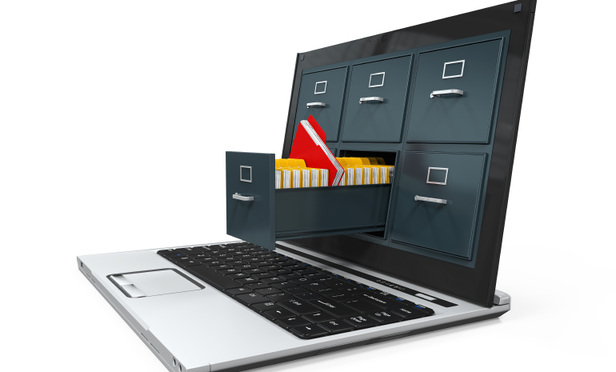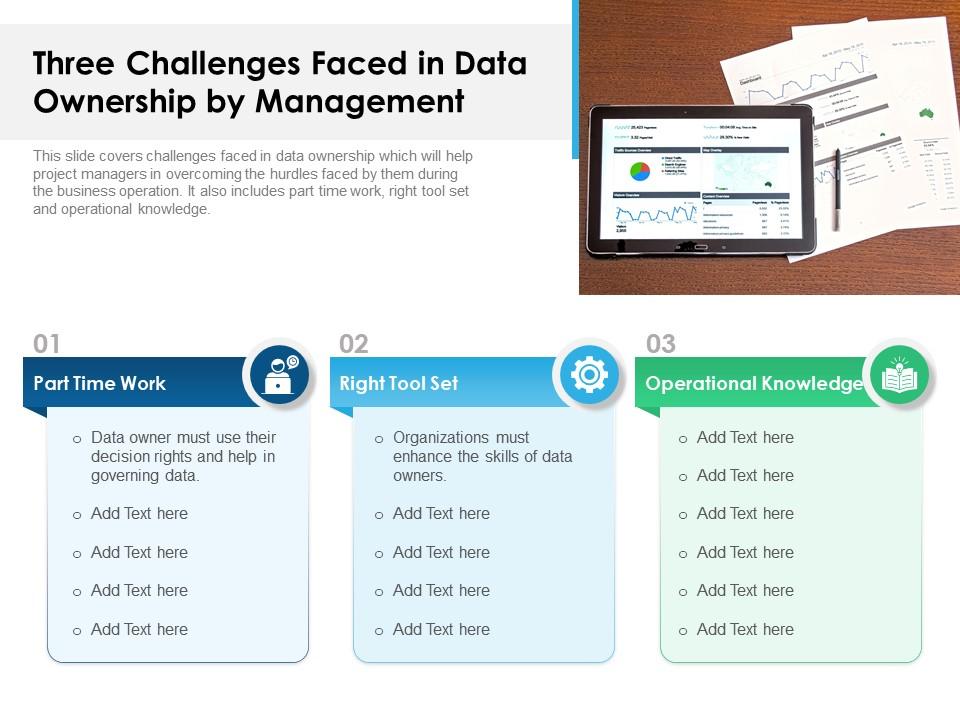
Revolutionizing Legal Procedures: The Power of E-filing Systems
Efficiency and speed have become synonymous with success in the legal field, and E-filing systems are at the forefront of this transformation. This article explores the pivotal role of E-filing systems in streamlining legal processes, providing insights into their applications, benefits, and how they are reshaping the landscape of legal document management.
The Evolution of Document Filing
Traditional paper-based document filing systems have long been the standard in legal practices. However, the limitations of this approach, including physical storage constraints, delays in document retrieval, and the risk of misplacement, prompted the need for a more advanced and digitized solution. E-filing systems emerged as the answer to these challenges, offering a seamless transition to electronic document management.
Seamless Transition to Digital
E-filing systems facilitate the transition from physical to digital documents, eliminating the need for extensive paper trails. Legal professionals can upload, store, and manage documents electronically, reducing the reliance on cumbersome paper-based filing cabinets. This transition not only saves physical space but also enhances accessibility and organization of legal documents.
Streamlined Document Management
Central to the effectiveness of E-filing systems is their ability to streamline document management. These systems provide a centralized platform where legal professionals can upload, categorize, and retrieve documents with ease. The intuitive user interfaces of E-filing systems contribute to a more organized and efficient workflow, allowing legal practitioners to focus on the substance of their work rather than administrative tasks.
Enhanced Accessibility and Collaboration
One of the significant advantages of E-filing systems is the enhanced accessibility they offer. Legal professionals can access documents from anywhere with an internet connection, breaking down geographical barriers and facilitating remote collaboration. This accessibility ensures that all team members can work on cases seamlessly, even if they are not physically present in the same location.
Time and Cost Savings
The automation features of E-filing systems translate into significant time and cost savings for legal practices. The traditional process of manually filing, searching, and retrieving documents is time-consuming and prone to errors. E-filing systems automate these tasks, reducing the time spent on administrative functions and allowing legal professionals to allocate their time more efficiently.
Integration with Legal Databases
To further enhance their functionality, many E-filing systems integrate with legal databases and research tools. This integration enables legal professionals to cross-reference and verify information seamlessly. The ability to link E-filing systems with legal databases contributes to more accurate and well-informed decision-making during legal proceedings.
Compliance and Security Measures
E-filing systems prioritize compliance with legal standards and implement robust security measures. These systems often include encryption protocols, access controls, and audit trails to ensure the confidentiality and integrity of legal documents. Meeting compliance requirements is essential in the legal field, and E-filing systems provide a secure and compliant environment.
Real-time Tracking and Notifications
E-filing systems offer real-time tracking features, allowing legal professionals to monitor the status of filed documents. This includes tracking submissions, court filings, and responses. Additionally, these systems often provide notification functionalities, alerting legal practitioners to important deadlines, updates, or changes in the status of their filed documents.
Environmental Sustainability
Beyond the immediate benefits for legal practices, E-filing systems contribute to environmental sustainability. The reduction in paper usage, physical storage needs, and the overall carbon footprint associated with traditional filing systems align with the growing emphasis on eco-friendly practices in various industries, including law.
Embracing the Future of Legal Filing
To experience the transformative capabilities of E-filing systems, visit E-filing Systems. Witness how these innovative solutions are reshaping legal document management, offering a forward-thinking approach to filing that aligns with the evolving needs of modern legal practices.
In conclusion, E-filing systems represent a paradigm shift in the way legal documents are managed and processed. As legal practices increasingly embrace digital solutions, E-filing systems stand out as a fundamental tool for achieving efficiency, accessibility, and compliance. The adoption of these systems not only streamlines document management but also positions legal professionals to navigate the complexities of their work with agility and success.



.png)
